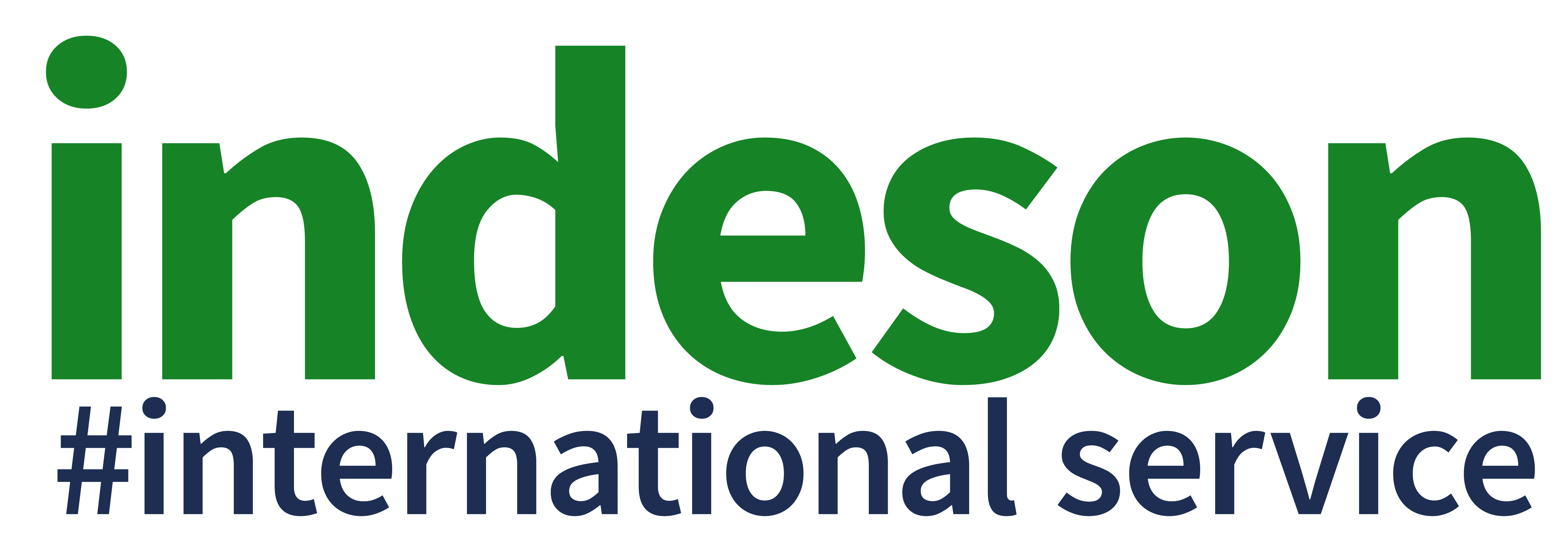Corporate Social Investment

Corporate social investment (CSI) refers to the voluntary efforts made by businesses to contribute to the social and economic development of the communities in which they operate. These efforts can take many forms, such as donations, sponsorships, and community development programs. CSI services are designed to help businesses effectively plan, implement, and evaluate their CSI initiatives, in order to maximize the impact of their efforts.
There are several reasons why businesses engage in CSI activities. One reason is to enhance their reputation and build positive relationships with stakeholders, such as customers, employees, and local communities. By demonstrating a commitment to social and environmental issues, businesses can improve their image and attract and retain talented employees. In addition, CSI can help businesses mitigate potential risks and enhance their license to operate, particularly in sectors that are closely regulated or face public scrutiny.
Partnering Businesses with TVET institutions and Policy Makers
Technical and vocational education and training (TVET) institutions and ministries of education are key stakeholders in projects to improve the TVET system of a country and its industries. These organizations play a critical role in providing individuals with the skills and knowledge they need to succeed in the workforce. By partnering with businesses on CSI initiatives, TVET institutions and ministries of education can help ensure that the skills and training they provide align with the needs of the local economy and meet the demands of employers.
To ensure the success of CSI initiatives, it is important for businesses to carefully plan and evaluate their efforts. This may involve conducting needs assessments to identify the most pressing social and economic challenges facing the community, setting clear goals and objectives, and developing metrics to measure progress and impact. By working closely with TVET institutions and ministries of education, businesses can help ensure that their CSI initiatives are aligned with the needs of the community and are having a meaningful and sustainable impact.
There are several ways in which businesses can engage with TVET institutions and ministries of education through CSI initiatives. Some examples include:
- Funding scholarships or bursaries for students who are pursuing studies in a specific field or discipline
- Providing internships or apprenticeships to give students hands-on experience and exposure to the workplace
- Donating equipment or resources to help modernize TVET facilities and improve the quality of education and training
- Partnering with TVET institutions to develop curriculum or training programs that address the needs of local industries
Why Professional Corporate Social Investment (CSI) Services are Essential for Maximizing Impact
Corporate social investment (CSI) can be a powerful tool for businesses to enhance their reputation, build positive relationships with stakeholders, and contribute to the development of the communities in which they operate. Partnering with technical and vocational education and training (TVET) institutions and ministries of education can help ensure that CSI initiatives align with the needs of local industries and have a lasting impact on the local economy. To ensure the effectiveness and sustainability of CSI efforts, it is important for businesses to work with professional service providers who can help plan, implement, and evaluate their initiatives. These providers can help businesses identify the most pressing social and economic challenges facing their communities, set clear goals and objectives, and develop metrics to measure progress and impact. By working with professional CSI service providers, businesses can ensure that their initiatives are effective and have a lasting impact on the communities they serve.
- Professional CSI services provide expertise and guidance to help businesses effectively plan, implement, and evaluate their initiatives
- These services can help businesses identify the most pressing social and economic challenges facing their communities and develop strategies to address them
- Professional services can help businesses set clear goals and objectives and develop metrics to measure progress and impact, ensuring that their CSI efforts are effective and have a lasting impact
- Working with professional CSI service providers can help businesses enhance their reputation, build positive relationships with stakeholders, and contribute to the development of the communities in which they operate
